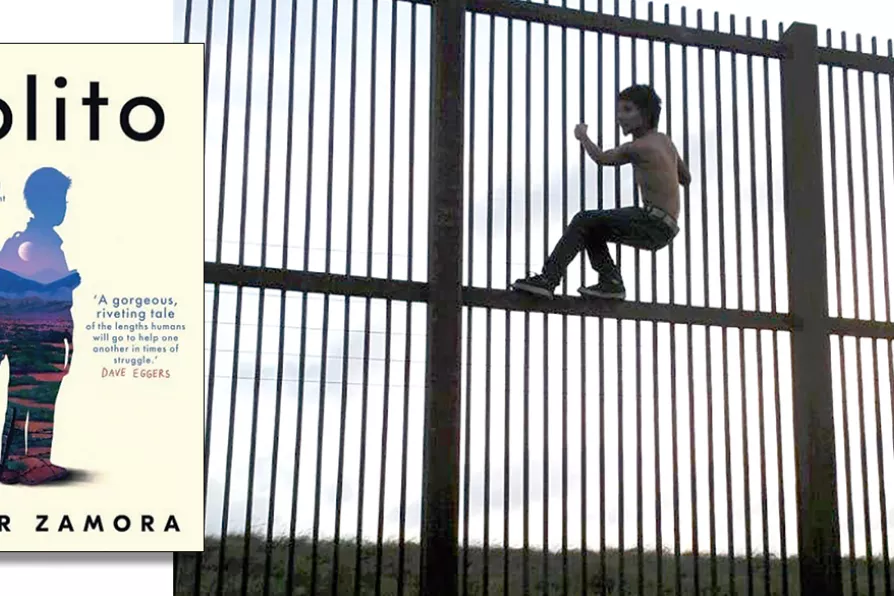MATTHEW HAWKINS contrasts the sinister enchantments of an AI infused interactive exhibition with the intimacies disclosed by two real artists

 Immigrant child attempt to cross into US near Brownsville, Texas
[Nofx221984/CC]
Immigrant child attempt to cross into US near Brownsville, Texas
[Nofx221984/CC]
MILLIONS of migrants from Guatemala, Honduras, El Salvador and Nicaragua have been displaced for decades due to violence, poverty, lack of employment or other threats such as disasters, many of them making the perilous journey to cross into the US.
In desperation, thousands of vulnerable people moved and are still moving north through irregular channels, facing along the way bureaucratic barriers, and suffering accidents and injuries, extortion and sexual violence, many disappearing and being separated from their families. Others are tortured, killed or die from diseases or the harsh conditions they face during their journeys.
Solito (Oneworld, £18.99) by Salvadorian American poet and activist Javier Zamora vividly recounts the author’s memories as a nine-year-old boy nicknamed Chepito, in his treacherous journey to reach the US to rejoin his parents, who had left El Salvador separately a few years earlier due to the civil war and lack of jobs in their home country.

A novel by Argentinian Jorge Consiglio, a personal dictionary by Uruguayan Ida Vitale, and poetry by Mexican Homero Aridjis













